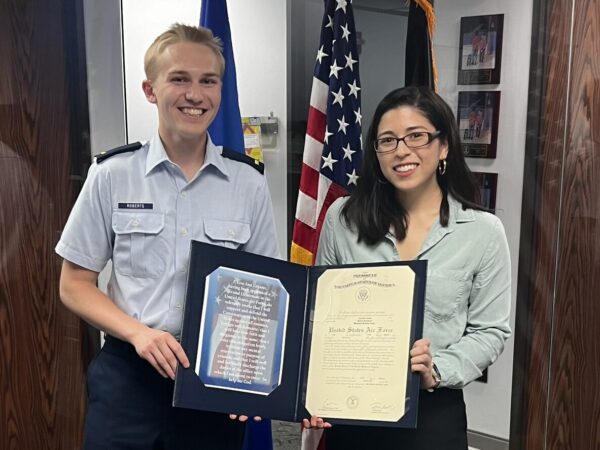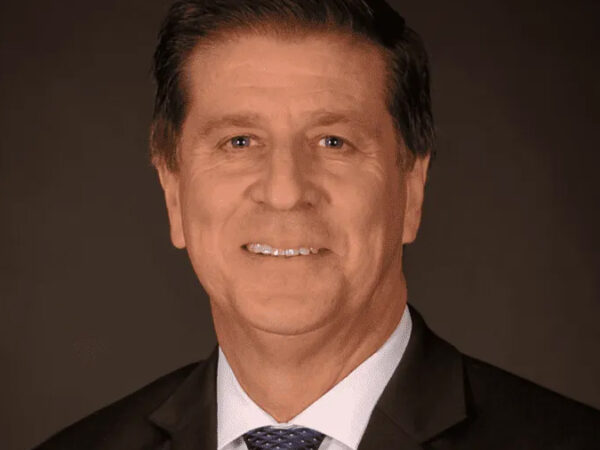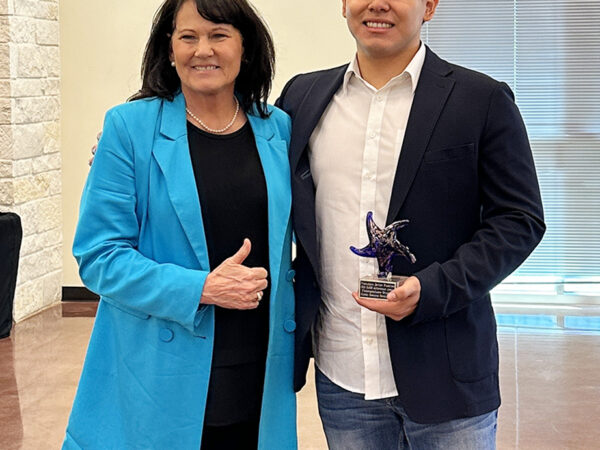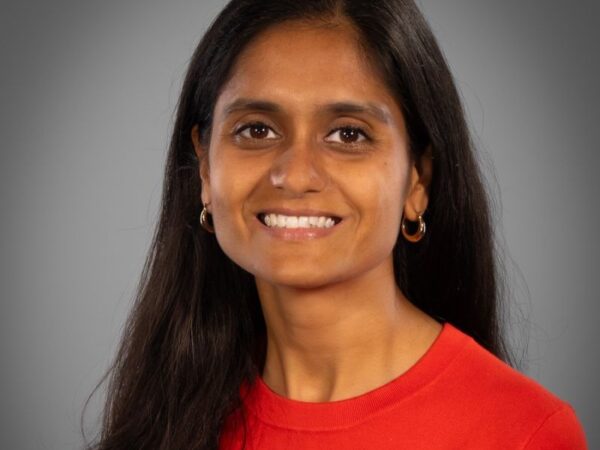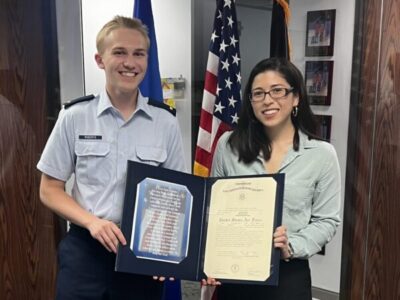Transforming Health And Fitness With ESNL
Women, men, athletes, healthy and unhealthy individuals around the world have seen the impacts of research happening in the Exercise and Sport Nutrition Laboratory (ESNL).
The ESNL was developed in 1997 under the direction of Dr. Richard Kreider. Researchers in the lab are focused on the role of exercise and nutrition on health, disease, rehabilitation and performance.
One of the lab’s largest partnerships is with Curves, a fitness and weight loss program. The partnership started in 2003 when Dr. Kreider was at Baylor University. When he was named the department head for the Department of Health and Kinesiology at A&M in 2008, he brought the Curves research program and the lab with him.
Over the past 13 years, Dr. Kreider and his research teams have focused on ways to improve health, fitness and weight management in women. Those efforts resulted in more than eight million dollars in grant support in order to conduct the Curves Women’s Health and Fitness Initiative.
Dr. Kreider and his team have worked with hundreds of women to determine the effectiveness of the program while also helping to develop the exercise and diet portion of the program. Millions of women around the world in over 70 countries have now used the programs he and his team helped develop.
“Instead of half the weight loss that women typically observe on traditional programs being muscle, almost all the weight loss is fat,” explained Dr. Kreider. “It’s sustainable and the results are that women are stronger, fitter, leaner and have better health outcomes.”
One of those women is Nora Cargo. She felt it was time to make a change in her life and signed on as a participant in a Curves study for 13 months.
“I love the fact that the research and machines were designed, and the order of the circuit is designed for women. That gave me such confidence because I’m not at a gym competing with a muscle guy who has so much more experience than me. I was with other women who wanted to make themselves better,” said Cargo.
The program helped changed her mind set about exercise. She felt confident in her abilities thanks to the supportive community from researchers, graduate assistants and other women participating.
She also saw a health benefit from the study. Cargo says her cholesterol and triglycerides went down and she felt more confident in herself and her health and wellness. Those changes are why she’s encouraging other women to take part in similar programs or start an exercise routine.
“Just do it. Don’t be afraid. Don’t feel like you have to have every little bit planned out because it’s going to come with time. It took my own personal experience to get to that. I’m not necessarily where I want to be weight wise, but I do know that I’m healthier, I’m more fit and I’m a better person for having started this program,” added Cargo.
Another focus of the ESNL is sports, conditioning and trying to optimize training adaptation. There is a lot of research coming out of the lab related to sports supplements, specifically the effects of creatine.
“If you go to any nutrition store, we have studied just about everything on the shelf in one way or another. We’ve led the field in trying to do evidence-based research on supplements and performance. We’ve also set the standard about how to manage and work with athletes and people training to optimize training through nutrition,” explained Dr. Kreider.
The goal is to find ways to optimize training adaptations to help people get leaner, stronger, bigger and faster. For Dr. Kreider, the research is not just about the athletes looking to perform better, but also others that want to be fit and healthy as they age. ESNL study participants range in age from adolescents to the elderly in both healthy and diseased populations.
The lab’s latest funding is from NutraBolt to research and study formulations of the Cellucor line of sports nutrition supplements.
“We’re looking at various nutritional interventions of pre-exercise supplements to try to help people have better focus and attention to improve the quality of their training. We’re also looking at various weight loss interventions and some different viable nutrients for people to take to help them manage their weight.”
While Dr. Kreider and his team have spent a lot of time studying supplements and other nutritional aspects of fitness, he says there is one thing you cannot leave out if you want to lose weight.
“If you really want to lose the weight you have to include exercise. Diet can help, and it’s important, but diet alone will not optimize training and weight loss.”
He says the key is adding in the right type of training, such as resistance training, to reach your goals.
About the Writer
Ashley is the Media Relations Coordinator and responsible for news coverage in the Department of Teaching, Learning and Culture as well as the Department of Educational Psychology.
Articles by AshleyFor media inquiries, contact Ashley Green.
Fundraising
To learn more about how you can assist in fundraising, contact Amy Hurley, Director of Development ahurley@txamfoundation.com or 979-847-9455




